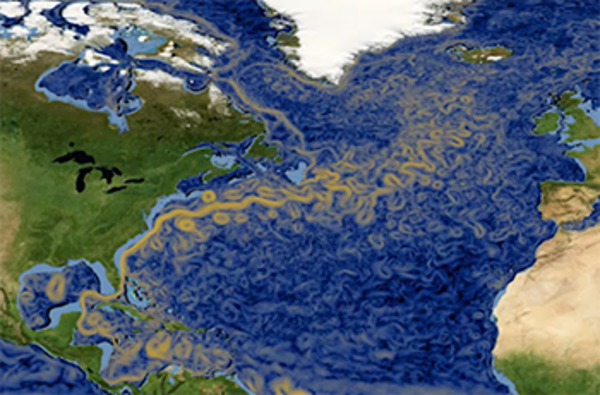
Multiple drivers of the North Atlantic warming hole
A new study in Nature Climate Change, led by Paul Keil of the Max Planck Institute for Meteorology, uses climate model simulations to identify…
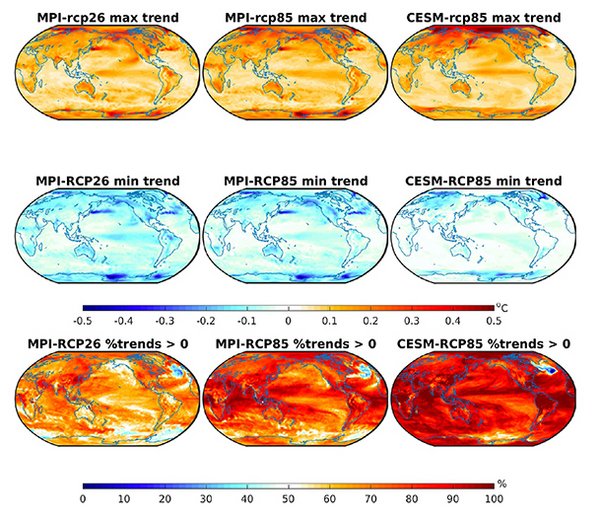
Internal variability dominates short-term surface temperature trends
A new study by Dr Nicola Maher, Dr Flavio Lehner and Prof Jochem Marotzke demonstrates that in the coming 15 years any individual point on the globe…
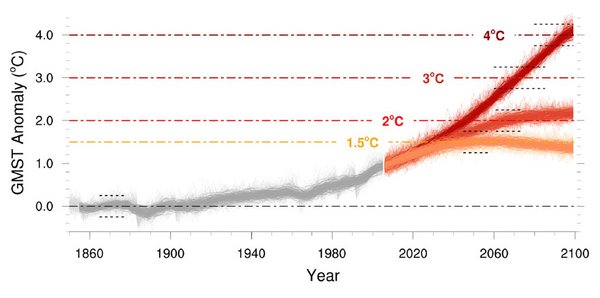
Extreme summertime heat in a warmer world: where does it come from, and can we avoid it?
In two new publications, scientists at the Max Planck Institute for Meteorology (MPI-M) studied the current and future development of extreme heat…


Multi-year forecasts can predict natural atmospheric CO2 variations
In a new study Aaron Spring and Dr. Tatiana Ilyina, researchers at the Max Planck Institute for Meteorology (MPI-M), were able to show that the…
![[Translate to English:] [Translate to English:]](/fileadmin/_processed_/3/f/csm_grassl_hartmut_VDW_Vortrag_130x90mmx300_7a228a1e25.jpg)
Hartmut Graßl appointed honorary member of the German Meteorological Society
The Max Planck Institute for Meteorology (MPI-M) congratulates its former director, Prof Dr Dr hc mult Hartmut Graßl, for his honorary membership of…
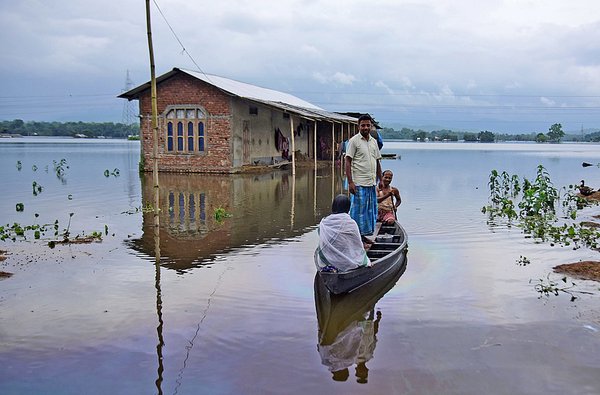
Climate change increases migration at the expense of the poor
A climate game developed by Max Planck researchers shows that global cooperation can be possible – although not without effort.
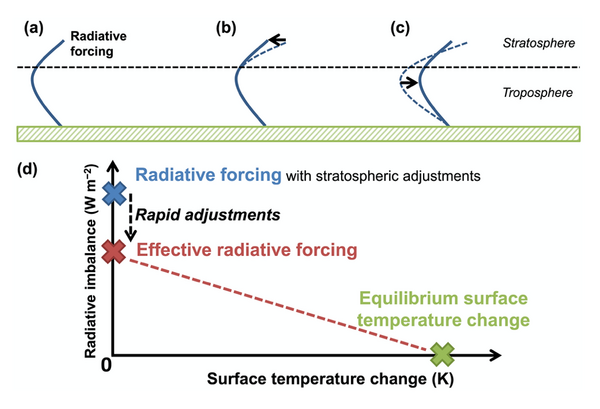
Bounding Global Aerosol Radiative Forcing of Climate Change
An assessment of Aerosol Radiative Forcing by Nicolas Bellouin, Johannes Quaas and thirty additional co-authors appeared in AGU Advancing Earth and…
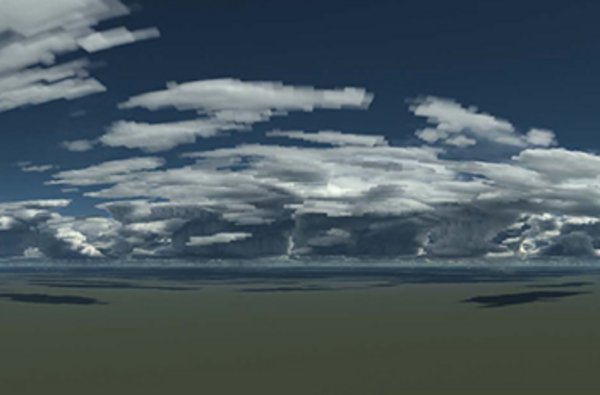
The added value of hecto and kilometer scales for climate simulation
A new study by Bjorn Stevens et al. in the Journal of the Meteorological Society of Japan describes the added value of kilometer (convective storm…
Happy Birthday Barbados Cloud Observatory!
Ten years ago, the department “The Atmosphere in the Earth System”, led by Prof Bjorn Stevens, at the Max Planck Institute for Meteorology (MPI-M)…
![[Translate to English:] [Translate to English:]](/fileadmin/_processed_/8/3/csm_Foto3_Luest_Tafel_72eae3fc92.jpg)
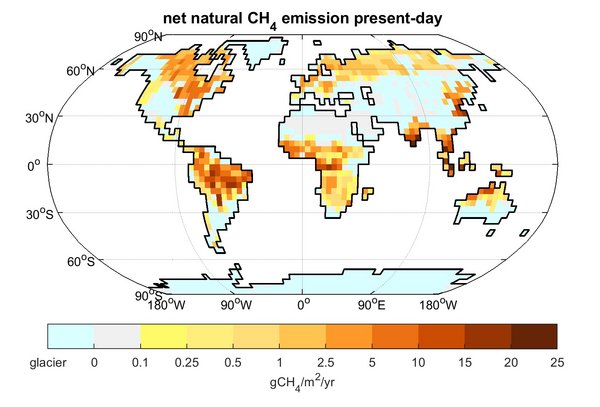
Natural methane emissions – from the glacial to the present
In a new study in Climate of the Past Dr Thomas Kleinen, Uwe Mikolajewicz, and Prof Victor Brovkin, researchers at the Max Planck Institute for…
